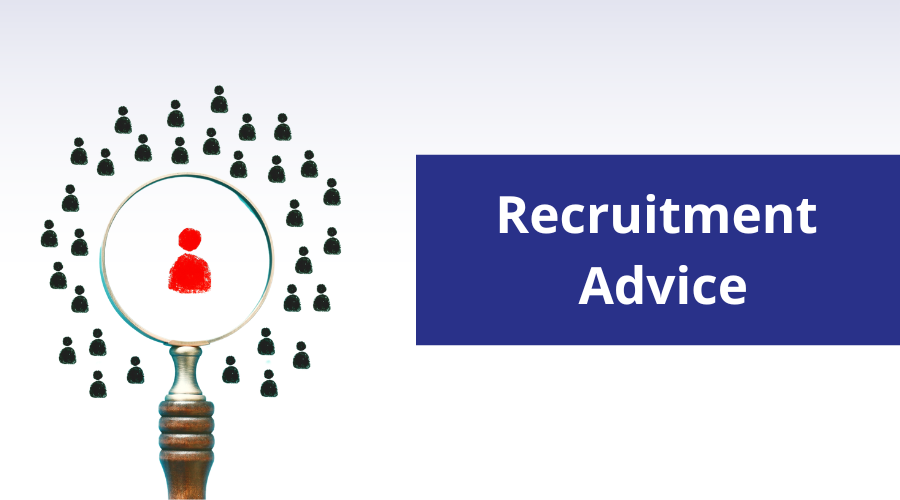
Quick CV Dropoff
Want to hear about the latest non-profit and public sector opportunities as soon as they become available? Upload your CV below and a member of our team will be in touch.

I saw a LinkedIn post recently from a highly successful multinational company, praising an employee for the achievements they had made in the year they had worked with them. The employee had been promoted and was proving to be a vital member of staff. A quote from the employee stated that he nearly didn't apply for the role as one of the essential requirements on the job description was "excellent communication skills". As a deaf person, he didn't feel that his communication skills were "excellent", luckily for the company he did apply, otherwise they would have lost out on this amazing talent.
I did some further research and found 73% of job descriptions we read on job boards ask for excellent communication skills, with no definition of what or how the applicant needed to communicate. How many brilliant candidates won't apply for these roles as they don't deem their communication skills as "excellent"?
Neurodiversity, hearing or sight issues, developmental or learning disabilities, brain injury, genetic factors, or strokes can all affect communication. With an estimated 15% of the UK population being neurodiverse; 20% being deaf or hard of hearing and 3% being registered blind, that's a large percentage of the population that may not regard their communication skills as "excellent" and we haven't even factored in the estimated 33% of introverts out there!
With such a small percentage of the population meeting this perceived "essential criteria", it is no surprise that many organisations are struggling to recruit and why the percentage of neurodiverse and disabled people out of work in the UK far outweighs neurotypical people or those without a disability.
Is it a politician that can hold a room's attention when public speaking but fails to answer questions from their audience? Is it a Copywriter who writes brilliant, engaging content but who is dyslexic and requires a proof-reader to double-check their spelling? Is it a Data Analyst who can quickly interpret data and pinpoint trends and patterns, but their autism means they are uncomfortable maintaining eye contact when communicating their findings in a meeting?
A good communicator can convey or share ideas and feelings effectively; they are empathetic and a good listener.
The Oxford English Dictionary states that Communication noun is 'The transmission or exchange of information, knowledge, or ideas, by means of speech, writing, mechanical or electronic media'.
Key methods of communications vary from job to job, so to ensure you are widening your talent pool and reaching all potential talent, your job description needs to be inclusive and convey your requirements effectively. Some people are confident in presenting to a room of people but lack good writing skills, whilst others will write amazing content but do not enjoy speaking with stakeholders. For an organisation and its workforce to thrive, you need an inclusive workplace with a diverse range of staff with strengths in different communication methods.
So rather than using the vague term "excellent communication skills", make sure your job description conveys your message more clearly.
Here are some great alternatives that I have seen recently:
If you would like to discuss how TPP can assist with inclusive recruitment so you can communicate effectively to attract a wide, diverse talent pool, then please contact me on 020 7198 6112.